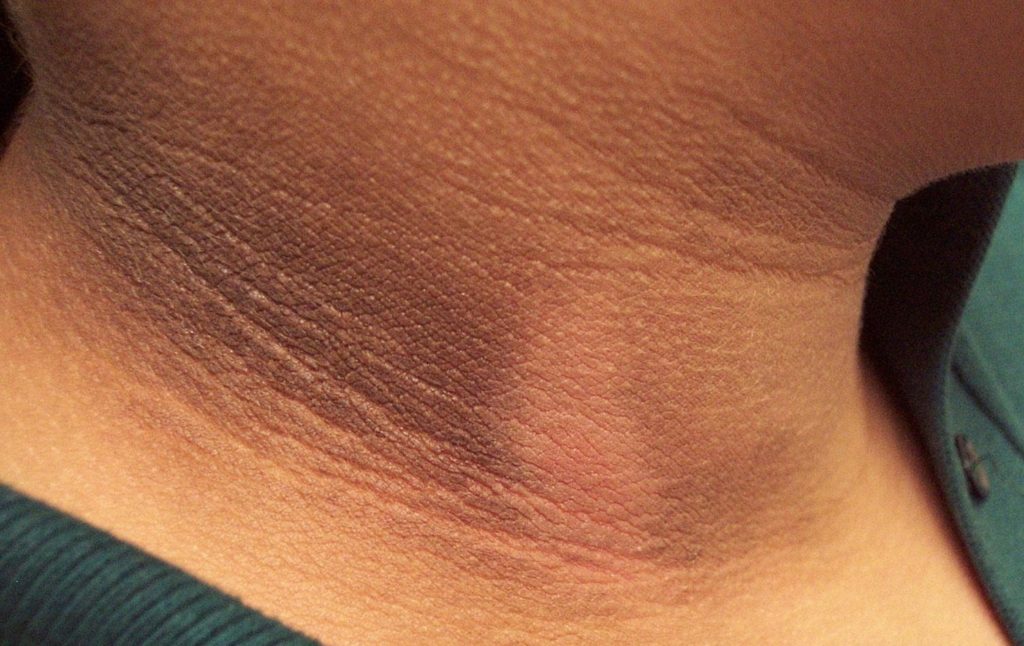Cognitive dysfunction (also called brain fog , fibro fog or clouding of consciousness) was a big topic in the early days of Patient Talk.
And at the same time we were also interested in the impact of the reasons ( and the weather) on pain levels. You can see the results of our poll on the subject here.
So I was very interested when Kelly asked “Since the weather has changed to cold, my cognitive function is getting way worse, where I can’t get words out of mouth. Does anyone else experience this the cold?” in our Multiple Sclerosis group yesterday morning.
The feedback was very interesting.
Tracet replied “Yes. Does anyone else have trouble getting people to understand this happens to you? I think people are starting to assume I’m just an idiot, even after explaining cognitive dysfunction.”
For Roberto it is the other way round ” I experience this but it happens when the weather gets warm”.
” Definitely far worse with the cold, I like the heat, thought I was strange as the ‘norm’ is the opposite. I practise Bikram Yoga in the heat which helps me a lot, my neurologist freaked when I told her, but now she thinks its wonderful!” was Brendan’s suggestion.
But for Kristine “I love all the seasons. snow and sun are both fun! Humidity is my killer…”.
No the other hand for Charlene ” For me it is the extreme weather. Extreme cold and heat both make it worse. Of course extreme is a relative term! Lol extreme heat is like 80 and extreme cold is like below 45. Lol”.
But for some ” Doesn’t matter what season it is my mind is one purr muddle I nix up words loose train if thought an forgot what a conversation is I stair in to space like no one is home …but hay I can’t argue with anyone as I forget what has made me mad !!! The joys hay”
So what about you?
Even better could you share your story in the comments section below.
Cognitive dysfunction refers to the loss of intellectual functions such as reasoning, memory , and general thinking which together impair day to day living.. People with brain fog have difficulty with verbal recall, basic arithmetic, and overall concentration.
It can be caused by a variety of medical conditions which include multiple sclerosis, fibromyalgia (hence the term fibro fog), lupus, chronic fatigue syndrome, depression, hypothyroidism, Lyme’s disease and stress. What is interesting , at least to me, is how many of these disorders are auto-immune conditions.
Many thanks in advance for all your help!





